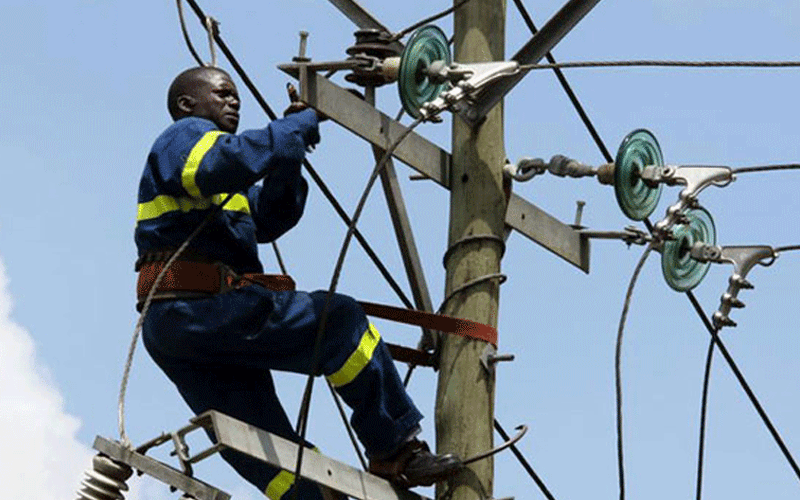Why Kenya Power is on its deathbed

Utility company Kenya Power is on its deathbed, the Auditor General has warned in her latest report.
In the audit summary for the year ending June 30, 2020, the company recorded a staggering Sh7 billion loss before tax. This, against a pre-tax profit of a meagre Sh333.6 million in 2019, states the report.
It also reveals that the company’s current liabilities of Sh117.5 billion far exceed its current Sh42.6 billion assets by a whopping 74.8 billion as at June 30, 2020.
“The company’s current liabilities of Sh117,475,761,000 exceeded its current assets of Sh42,626,939,000 by Sh74,848,822,000 resulting to negative working capital, and a current ratio of 0.361:1 for various loans, which was below the current ratio of 1:1 threshold set out in the respective loan covenants. Consequently, the management is in breach of the regulation,” reads the report.
The Auditor General notes that numerous initiatives have been undertaken by past and present Kenya Power board and management teams to rescue the troubled firm, to no avail.
“As disclosed by the board and management, in the past and current financial statements, strategic initiatives have been undertaken to improve the financial results of the company.
Outstanding debts
However, these initiatives appear not to have yielded the intended results as at 30 June, 2020,” says the report .
“These conditions indicate that a material uncertainty exists, which may cast doubt on the company’s ability to continue as a going concern,” the report, which has been tabled in the National Assembly, concludes.
Auditor General Nancy Gathungu explains that the company’s poor performance which resulted in the losses was due to power purchase costs amounting to Sh47.5 billion that relates to capacity charge, according to the Power Purchase Agreement (PPA).
The charges, which account for 54 per cent of the total costs of sales, are significant and considering their fixed nature may have contributed largely to the poor performance.
The Auditor General discloses that the management had indicated that plans were underway to not only re-negotiate downwards the capacity charges on the existing PPAs but to also align the commercial operation dates of the PPAs in the pipeline with the company’s medium-term demand such that there is no excess power generation.
The company, the Auditor General warns, would continue bearing high fixed charges unless the said strategies are implemented.
The report also reveals that some Sh16.6 billion due from the government, which relates to management of Rural Electrification Scheme on behalf of the government that has been accumulating over the years, has contributed to the poor financial performance of the company.
Ms Gathungu notes that it is not clear why it has taken long to recover the outstanding amounts, which, she said, are at risk of becoming “unrecoverable and impaired” over time.
“In the circumstances, I am unable to confirm the effectiveness of the internal control measures put in place to collect outstanding debts including governance,” she said.
On system inefficiency, Gathungu reveals that as at June 30 last year, the management had reported 76.6 per cent efficiency resulting in system losses of 23.47 per cent.
She regretted that despite the industry regulator, the Energy and Petroleum Regulator Authority (Epra) approving that the management recovers from consumers system losses of up to 19.99 per cent, the company had incurred losses which were above the limit approved by Epra, thus negatively impacting the financial performance of the company.
Gathungu’s damning verdict comes barely four months after it emerged that despite years of monopoly, Kenya Power is on the verge of a blackout due to constant outages, slowness in restoring power as well as grossly inflated electricity bills.
Fed up with being treated shabbily and making huge losses because of KP’s inefficiencies and uneconomical cost of power, homes, companies and county governments have finally seen the light and are voting with their feet.
The complaints from Kenya Power have greatly benefited solar companies as consumers take steps to end their reliance on the giant electricity provider.
KP is also facing potential competition from KenGen after the Energy Act 2019 allowed the electricity generator to sell power directly to large consumers.
Total Kenya, which was one of its biggest consumers, has connected 107 of its service stations to solar energy, making it one of the biggest firms to significantly reduce its reliance on Kenya Power.















